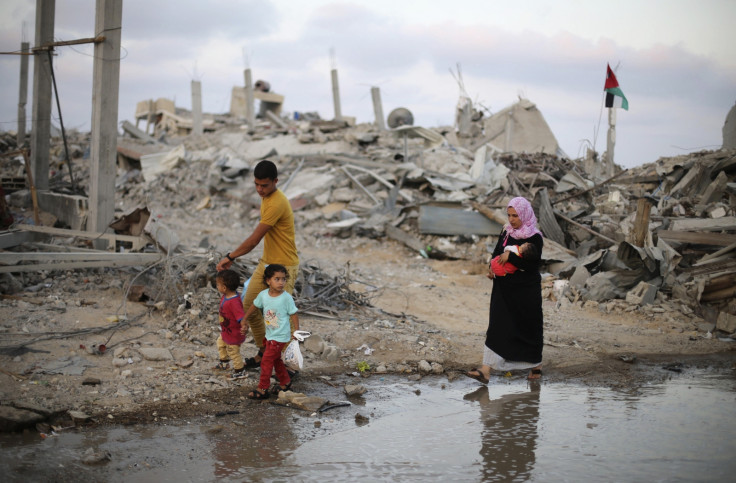Turkey Readies Power Ship For Energy Starved Gaza

Turkey has prepared a floating power plant to send to Gaza in order to compensate for the loss of electricity through much of the Palestinian territory.
Gaza has experienced severe energy shortages following Israel's month-long air and ground offensive that has wiped out much of the territory's energy infrastructure.
"Turkey will build power plants in Palestine in the long term but, as a quick solution, Turkey will send a 100-megawatt power-generating ship from Basra to Gaza offshore through the private sector in about two to three months," Turkey's Energy Minister Taner Yildiz said in Ankara, as quoted by Turkish state news agency Anadolu.
The company that built the floating power plant is waiting for Israel's approval before it sends the ship, Yilidz said, adding the delivery would require the lifting of the economic blockade on Gaza.
"This can only be realised if the blockade's energy aspect is eased," Yildiz said, revealing he thought it likely Israel would acquiesce to the plan.
"Israel's attitude toward energy in Gaza will be different than its current position since having access to energy is a humanitarian issue," the minister said.
The eight-year blockade has come under increased international criticism as the damage from Israel's offensive into Gaza became clear during the mid-August ceasefire.
More than 2,000 Palestinians were killed during the fighting, the vast majority of the casualties being civilians. The economic cost to Gaza has been estimated at $6bn (£3.6bn, €4.5bn) already, while the prospect of a long-term ceasefire being reached remains uncertain.
Yildiz said around 80% of Palestinians in Gaza only had electricity for four hours a day, after its only power plant was destroyed in a missile attack.
Power lines coming from Israel had also been disabled in the bombing campaign, meaning Gaza City lost 120 megawatts of electricity.
Meanwhile, Gaza's industrial sector also faces a tough journey to recover lost output.
Palestinian business leaders have said 175 of Gaza's biggest industrial plants had been devastated since the offensive was launched.
These factories had employed around 5,000 people, in a territory where 47% of the population – approximately 900,000 – is unemployed.
The United Nations' Food and Agriculture Organisation (FAO) reported in August that almost all of Gaza's population had been left dependent on food aid.
Crops, herds and fishing industries in the territory were badly damaged in the fighting, the FAO said.
© Copyright IBTimes 2025. All rights reserved.






















